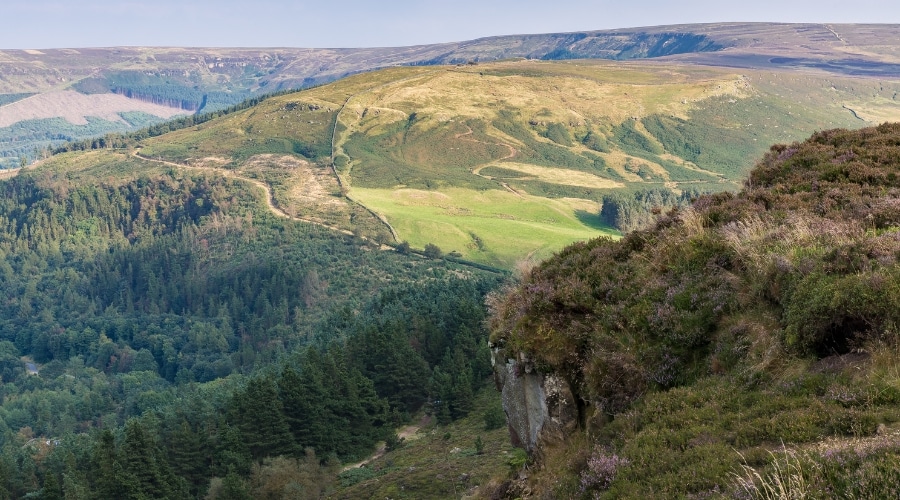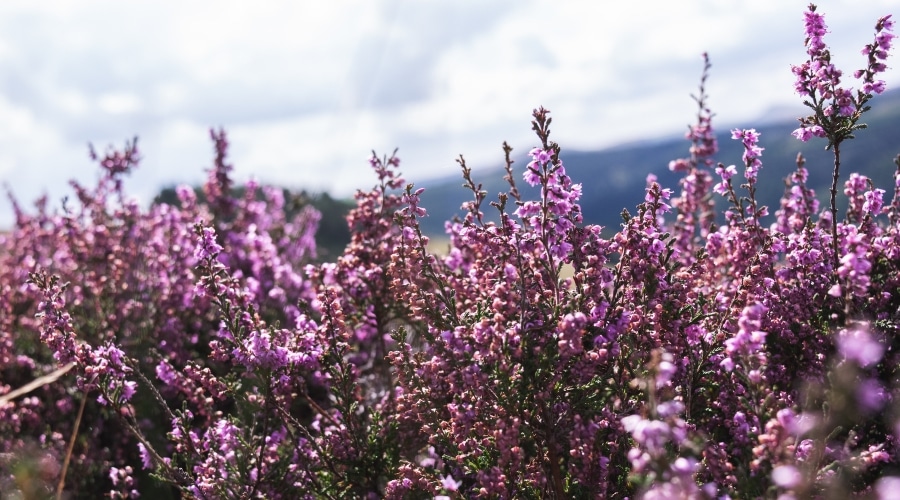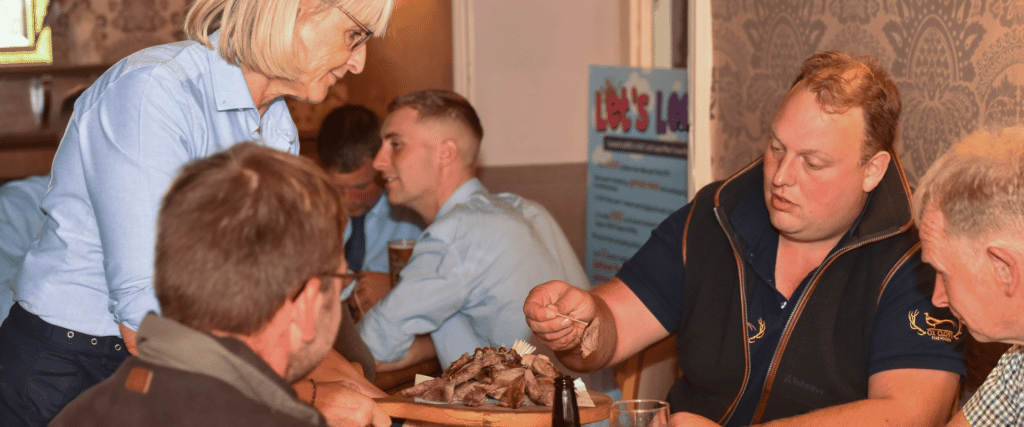
Micro-regulation of shooting is impeding protected sites, says BASC
BASC has criticised the current legal framework on protected sites that leaves shooting activities disproportionately restricted.
Get information on the legal shooting season for mammals and birds in the UK.
Apply for funding for your project or make a donation today
Comprehensive information and advice from our specialist firearms team.
Everything you need to know about shotgun, rifle and airgun ammunition.
Find our up-to-date information, advice and links to government resources.
Everything you need to know on firearms law and licensing.
All the latest news and advice on general licences and how they affect you.

A landmark report has concluded that upland land managers must have multiple methods of heather management at their disposal, following a decade studying the impact on moorland habitats.
Researchers at the University of York published the report at the halfway stage of a 20-year peatland study, comparing prescribed vegetation burning to mowing and unmanaged approaches.
The report concluded that each management practice carries both positive and negative attributes depending on the site. Data was collected on carbon capture, flora and fauna diversity, water table depth and nutrient content.
On the topic of prescribed burning, the researchers found that the practice can be an effective tool for long-term carbon capture, as well as benefitting vegetation and species diversity.
The report calls for all management practices to remain available to upland land managers to help them tackle the impacts of climate change and biodiversity losses.
Gareth Dockerty, BASC’s head of uplands, said: “The findings show that there is no one size fits all approach to managing peatland. Balancing carbon and methane emissions with the needs of key species, while reducing the risk of devastating wildfires, will continue to be a carefully considered balancing act for land managers.
“It is obvious that burning is still an important part of the management toolkit, and certainly not the villain that some organisations have suggested. It is time to leave political and anti-shooting agendas behind and work in partnership on a site-by-site basis. Long-term studies such as this must continue and be supported to ensure our management practices adapt to an evolving evidence base.”
BASC’s position on burning is clear and focuses on improving our peatlands: Burning vegetation in the uplands is an essential tool in wildfire management and mitigation. Burning can increase biodiversity. Its use is site dependent. It is wrong to say that you should always burn or never burn.
BASC – along with a diverse range of partner organisations – helped fund the independent study, donating £25,000 over the past five years. What started as a Defra-funded project has now become one of the most important long-term pieces of evidence we have for the management of our uplands.
Gareth continued: “Since 2013, several scientific studies have shown that prescribed burning is an important tool for land managers, both in the UK and across the globe. The results from the University of York are – and will continue to be – in gaining a greater understanding of our peatlands.
“It is vital that independent long-term research continues and policy decisions are based on evidence and not scaremongering or outdated perceptions.”

BASC has criticised the current legal framework on protected sites that leaves shooting activities disproportionately restricted.

We have all heard the myths around the best type of grouse to eat so we decided to put the theories to the test with a grouse tasting event.

At Southill Estate in Bedfordshire, head gamekeeper Paul Dunn is showing how practical deer management can restore habitats and support wildlife at scale.